In the fast-paced world of international trade, freight forwarding plays a critical role in ensuring that goods move efficiently across borders. For businesses seeking to expand their reach globally, choosing a reliable and professional freight forwarding service is essential. China, being the world’s largest manufacturer and exporter, has developed a robust and highly efficient freight forwarding industry. This article explores the importance of freight forwarding services in China, the logistics process, and how partnering with a reliable freight forwarder can benefit international businesses.
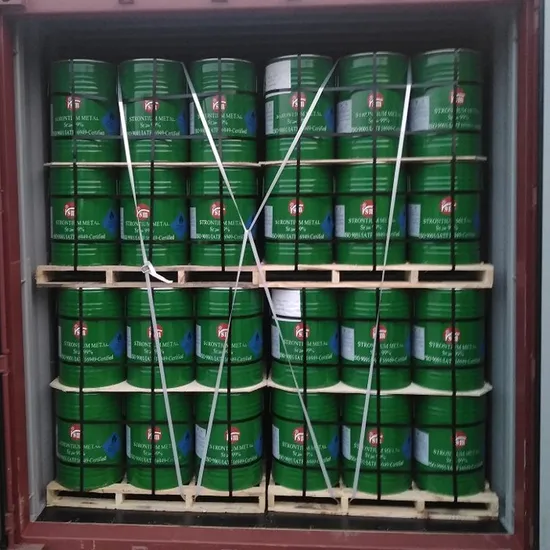
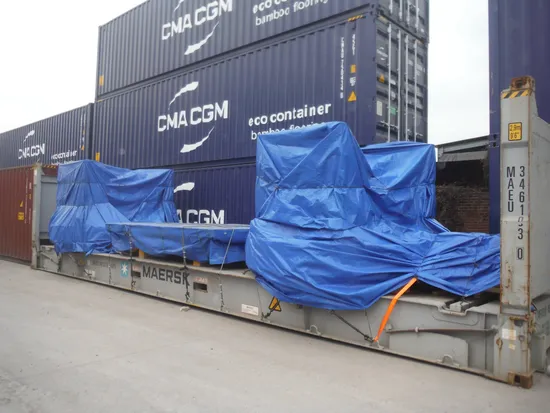
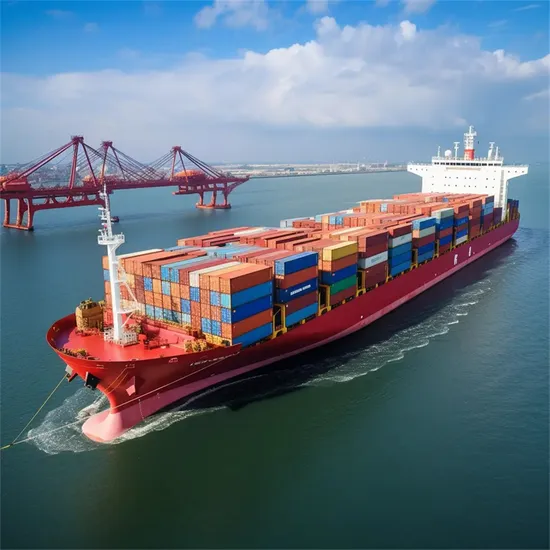
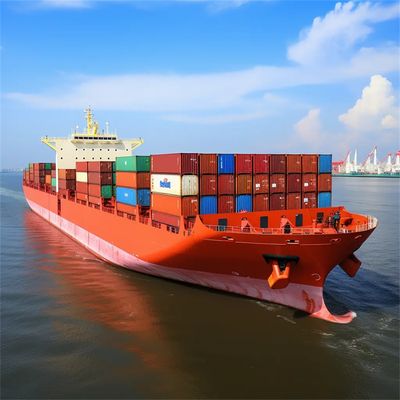
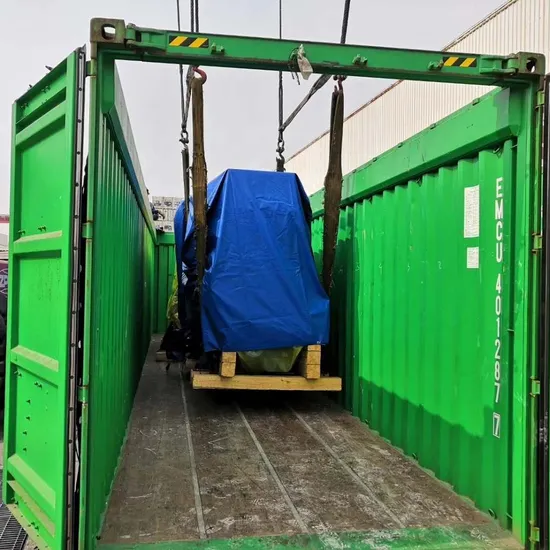
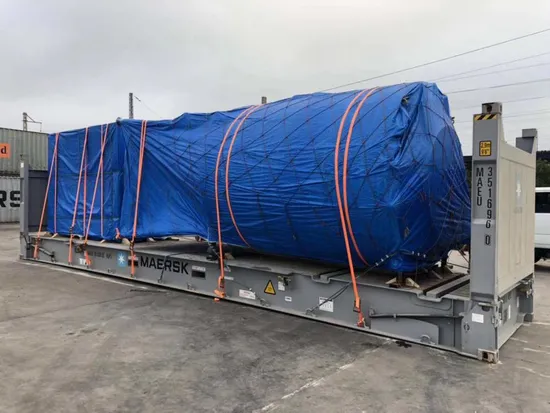
1. What is Freight Forwarding?
Freight forwarding is the coordination of the shipment of goods from one place to another using a combination of transport methods. A freight forwarder acts as an intermediary between the exporter (seller) and various transportation services, ensuring the smooth movement of goods from origin to destination. Freight forwarding services include booking cargo space, organizing transport routes, customs documentation, and other logistics requirements.
2. Why China is a Key Player in Global Freight Forwarding
China’s dominance in global trade is evident, with the country being one of the world’s largest exporters of goods. The Chinese freight forwarding industry is robust, with companies offering comprehensive logistics solutions to cater to the needs of importers and exporters worldwide. Some key reasons why China is a central hub for freight forwarding include:
- Strategic Location: China’s location in Asia provides access to major shipping routes, allowing efficient transportation to all corners of the globe.
- World’s Largest Manufacturing Base: As a leading producer of goods, China has developed extensive logistics networks that support its manufacturing sector.
- Advanced Infrastructure: China boasts a vast network of ports, airports, highways, and railways, ensuring that freight moves quickly and efficiently.
- Digitalization and Technology: The adoption of advanced technologies in logistics and freight forwarding has made China’s services faster, more reliable, and cost-efficient.
3. The Freight Forwarding Process in China
The freight forwarding process in China typically involves several key stages, all of which are critical to ensuring smooth and efficient movement of goods:
a. Booking the Cargo
The first step in freight forwarding involves booking cargo space. Freight forwarders work with carriers such as shipping lines, airlines, and trucking companies to secure the necessary space to transport goods. This is where the freight forwarder’s expertise in understanding cargo requirements, schedules, and transport modes comes into play.
b. Customs Documentation
Navigating international customs regulations can be a complex process. Freight forwarders ensure that all necessary documentation is completed accurately and submitted to customs authorities. This includes preparing import and export declarations, invoices, bills of lading, and certificates of origin. Effective customs management helps prevent delays and ensures that goods pass through customs smoothly.
c. Packaging and Handling
Proper packaging is essential to ensure that goods arrive in optimal condition. Freight forwarders can also offer advice on the best packaging solutions for different types of goods. Additionally, they manage the handling of goods throughout the journey, from pick-up to delivery, including warehousing and insurance if required.
d. Transportation Management
The freight forwarder determines the best route for transportation, balancing cost, speed, and reliability. This may involve a combination of air, sea, rail, or road transportation. Freight forwarders manage the logistics of each transportation mode, ensuring that goods are transferred seamlessly from one carrier to another.
e. Delivery and Distribution
Once the goods reach their destination, freight forwarders handle the final leg of delivery, which may involve clearing customs at the destination country and ensuring that the goods are delivered to the final address. For larger shipments, this might also involve warehousing and inventory management.
4. Advantages of Working with a Chinese Freight Forwarder
Businesses involved in international trade can benefit significantly from working with a Chinese freight forwarder. Some of the key advantages include:
a. Cost Efficiency
One of the primary reasons businesses turn to Chinese freight forwarders is the potential for cost savings. Due to China’s established logistics networks and competitive service offerings, freight forwarding services tend to be more cost-effective compared to other regions. Additionally, freight forwarders have relationships with carriers that can help negotiate better rates.
b. Expertise and Local Knowledge
Chinese freight forwarders possess in-depth knowledge of local and international shipping regulations. Their expertise helps businesses navigate complex customs procedures, ensuring smooth import/export processes. Additionally, they are well-versed in Chinese trade policies, taxes, and tariffs, allowing them to provide valuable advice to international clients.
c. Timely Delivery
China’s advanced transportation infrastructure and efficient logistics networks enable faster transit times for shipments. Freight forwarders in China can leverage these networks to ensure timely delivery of goods, reducing delays and improving customer satisfaction.
d. Comprehensive Services
Chinese freight forwarding companies offer a wide range of services beyond just transportation. These services include customs clearance, warehousing, cargo insurance, packaging, and distribution. Working with a freight forwarder that provides end-to-end logistics solutions can save businesses time and effort, allowing them to focus on core operations.
e. Global Reach
China’s well-established position in international trade means that Chinese freight forwarders have the expertise and connections to handle shipments to and from virtually any part of the world. Whether shipping to Europe, the Americas, or Africa, Chinese freight forwarders can offer comprehensive, reliable services.
5. Choosing the Right Freight Forwarder in China
Selecting the right freight forwarder in China is crucial to ensure a seamless experience in shipping goods globally. When choosing a Chinese freight forwarder, businesses should consider the following factors:
a. Experience and Reputation
Look for a freight forwarder with extensive experience in the industry. Check the company’s track record in managing international shipments, particularly for the types of goods you are exporting or importing. Reputation is essential, as a reliable company ensures timely delivery and safe handling of goods.
b. Network of Partners and Carriers
Ensure that the freight forwarder has a strong network of partners and carriers, including shipping lines, airlines, and trucking companies. A well-connected forwarder can offer flexibility in choosing the best transportation methods and routes for your shipment.
c. Technology and Tracking Systems
In today’s digital age, having access to real-time tracking is essential. Choose a freight forwarder that uses modern technology to track shipments and provide you with up-to-date information on your goods’ location.
d. Customer Service
Effective communication is key when dealing with international shipments. A good freight forwarder should have strong customer service, offering support in multiple languages, providing clear updates, and responding promptly to queries.
e. Flexibility and Scalability
As your business grows, you may need a freight forwarder that can adapt to changing requirements. Whether it’s scaling up shipments, managing larger volumes, or customizing solutions, a good freight forwarder should be flexible and scalable to meet evolving business needs.
6. The Future of Freight Forwarding in China
As China continues to solidify its position as the world’s largest manufacturing hub, the freight forwarding industry is expected to evolve. With technological advancements such as artificial intelligence, blockchain, and automation, the logistics landscape is becoming more efficient and transparent. Freight forwarders are investing in innovative solutions to optimize processes and meet the growing demands of global trade.
Additionally, China’s Belt and Road Initiative (BRI) is expected to further enhance the country’s role as a logistics powerhouse, creating new opportunities for international businesses to benefit from China’s advanced transportation networks.
Conclusion
China’s freight forwarding industry plays a pivotal role in supporting global trade. With its strategic location, advanced infrastructure, and competitive services, China has established itself as a central player in international logistics. By working with reliable Chinese freight forwarding companies, businesses can streamline their shipping processes, reduce costs, and ensure timely delivery of goods to global markets. As the industry continues to evolve with technological advancements, China’s freight forwarders will remain at the forefront of global trade.
